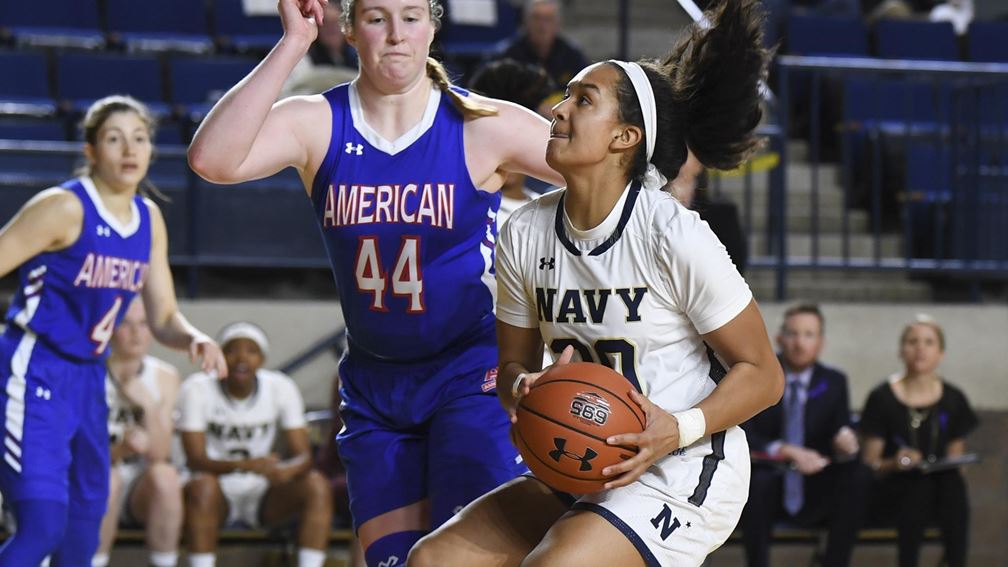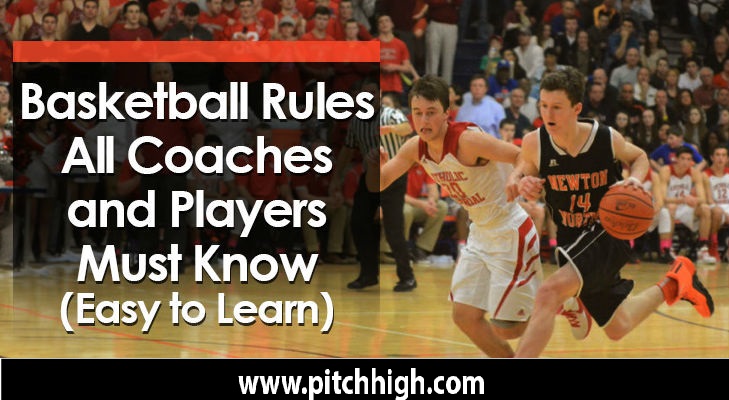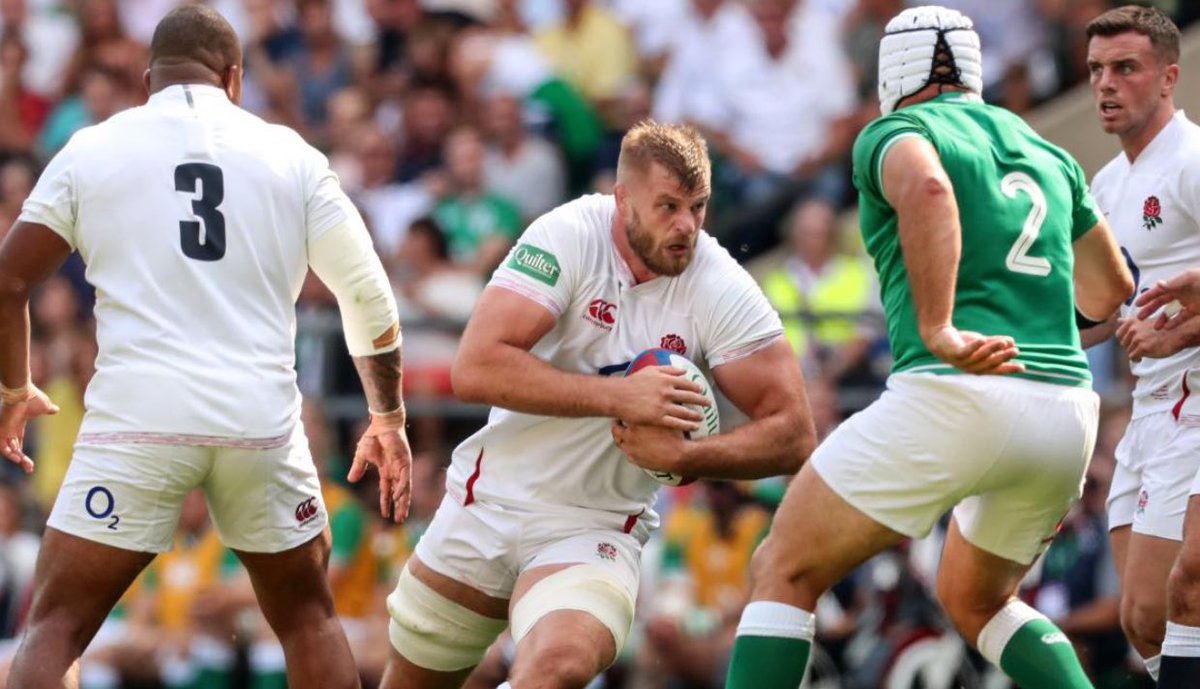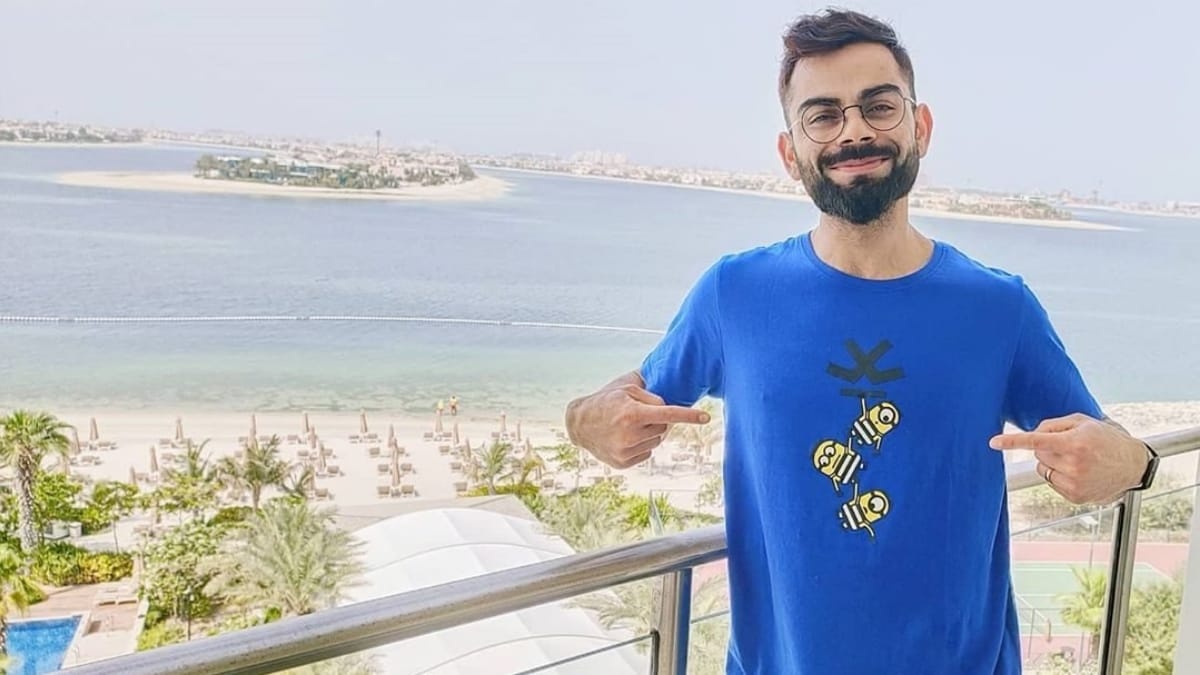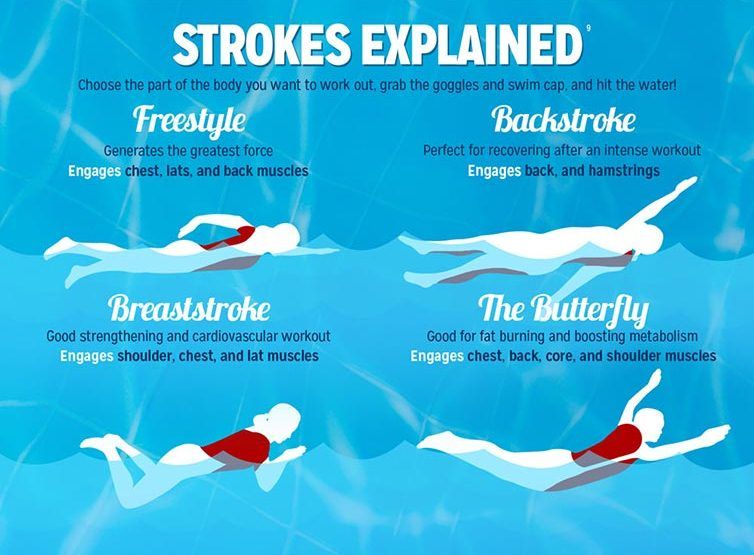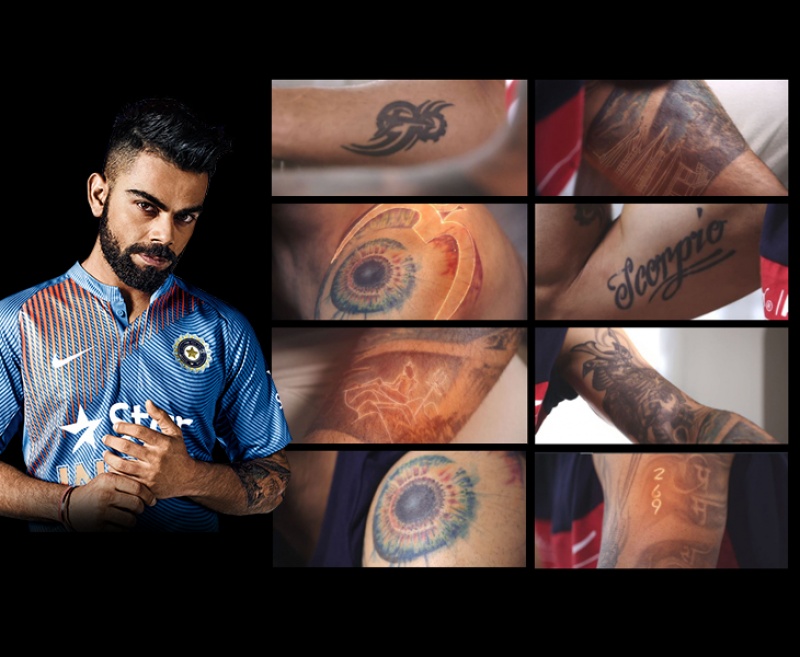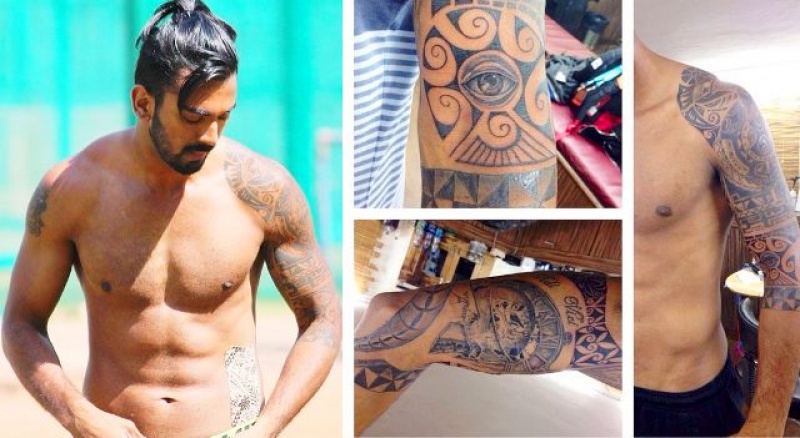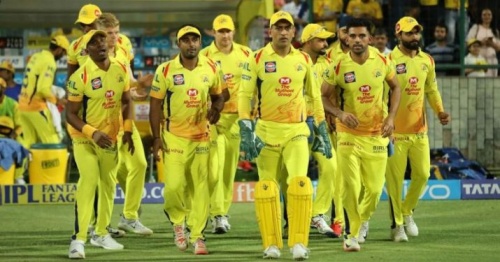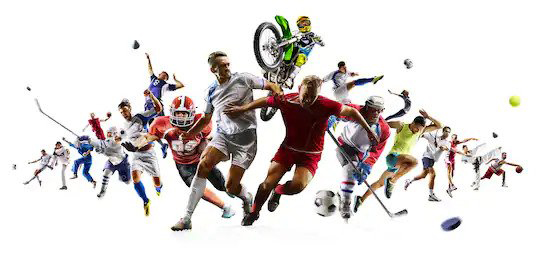INTERNATIONAL ISLAND GAMES (6th-12th July)
The International Island Games was first started by Isle of Man in the 1980s. It was his thought to celebrate 'the year of sports' every year to begin the tradition of sport in the world. He also initiated to give an opportunity to the young athletes to show their sporty talent and to begin a good career into this field. He also stated that this will enhance the methodology of the athletes while they will compete with different players of the globe internationally. It would be a day of honor to each and every sports lover to see this passion for sports at a single pitch.
Islands with similar history, heritage and geography were invited and in the summer of 1985 the first ever games were held. 700 participants from 15 islands participated in something that became an amazing success. The games were originally meant to be once, but it was decided that the experience had been so good that they all wanted to do it again, this time in Guernsey in 1987, and the rest is, as they say, history.
The NatWest International Island Games has gone from 700 participants, 15 islands and seven sports to 2500 participants, 24 islands and 14 sports. Now it is Gibraltars turn to host, for the second time. But since 1987 in Guernsey the hosts has been as follows; Faroe Islands, Aland Islands, Isle of Wight, Gibraltar, Jersey, Gotland, Isle of Man, Guernsey, Shetland, Rhodes, Aland Islands, Isle of Wight, Bermuda, Jersey and Gotland.
Many more islands expressed a desire to join the Games Family, and representatives of a wide variety of sports lobbied for inclusion.
As enthusiasm for the Games grew, the event became hugely important to the islands sporting communities. The possibility of being chosen to represent their home island in the Games became a strong motivator for young athletes to train hard and fulfil their potential.
The islands governments also began to realise what a positive impact sport could have on a small community; promoting a healthy lifestyle, providing a focus for young people and strengthening a nations cultural identity.
Every other year the games are being held and the host island gets to choose from 18 different sports. You can put on between 12 and 14 different sports. To get to compete in the games you must either be born to a member island or have lived on one at least 12 months prior to the Games.
The Faroe Islands were initially scheduled to stage the 2019 games, with the 2021 games taking place in Menorca, but in 2014 the hosts were swapped following issues with the Faroese facilities being ready in time. Menorca then withdrew from hosting the 2019 games in July 2015 following a change in government. After the Isle of Man and 2015 hosts Jersey confirmed that they would not apply as replacements, Gibraltar announced in August their intention to host the games, and were officially announced as hosts in April 2016 Gibraltar has appointed an executive committee to manage the event.
On 2 May 2018 it was announced that Ynys Mn would hold an unofficial football tournament to replace the absence of the sport in the actual Games. Islands that are regulars to the Games are expected to attend.
It is likely that 24 island entities of the IIGA, from Europe, South Atlantic and the Caribbean area, will compete in these Games.
Here is the list of the participating islands:
ALAND ISLANDS
ALDERNEY
BERMUDA
CAYMAN ISLANDS
FALKLANF ISLANDS
FAROYW
FAROE ISLANDS
GIBRALTAR
GOTLAND
GREENLAND
GUERNSEY
HITRA
ISLE OF MAN
ISLE OF WIGHT
JERSEY
MENOCRA
ORKNEY
ROHDES
SAAREMMA
SARK
SHETLAND ISLANDS
ST. HELENA
WESTERN ISLE
YNYS MON
Months of rigorous training are put to the test over a week of events as competitors swim, shoot, sprint and swing their way to victory. From target and endurance events to team sports such as football, basketball and volleyball, the Games holds competitions in a diverse range of sports and is open to competitors as young as 13.
The Games welcomes spectators at all events, giving host islanders an exciting and all too rare opportunity to watch live international sport on their home turf.
And its truly worth watching. Games athletes perform to an exceptional standard each one of them living proof that small communities can achieve great things.
Growing up in small communities surrounded and shaped by the sea instils in us an independent spirit, a fierce pride in our culture and heritage perhaps even a touch of stubbornness. Its what gives Games competitors the will and determination to train hard, defy the odds and reach for gold.
Thanks to the NatWest International Island Games, athletes no longer have to look to the mainland to compete at international level they have the chance to represent their own community and raise the profile of even the smallest island.
Success at the Games is a victory not just for a single competitor or team, but for a whole nation.
All gold medal winners at the NatWest International Island Games, they went on to become elite international champions and competitors in the Olympics. You can see many former members of the Games Family in top-level sporting events across the world today, and their achievements are already inspiring the next generation of athletes.

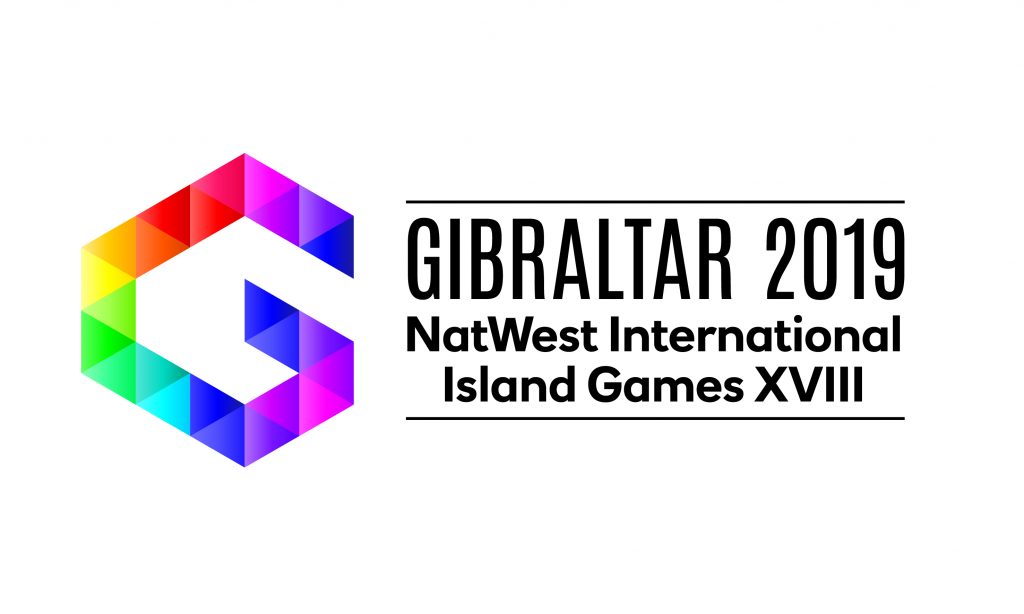
.jpeg)
